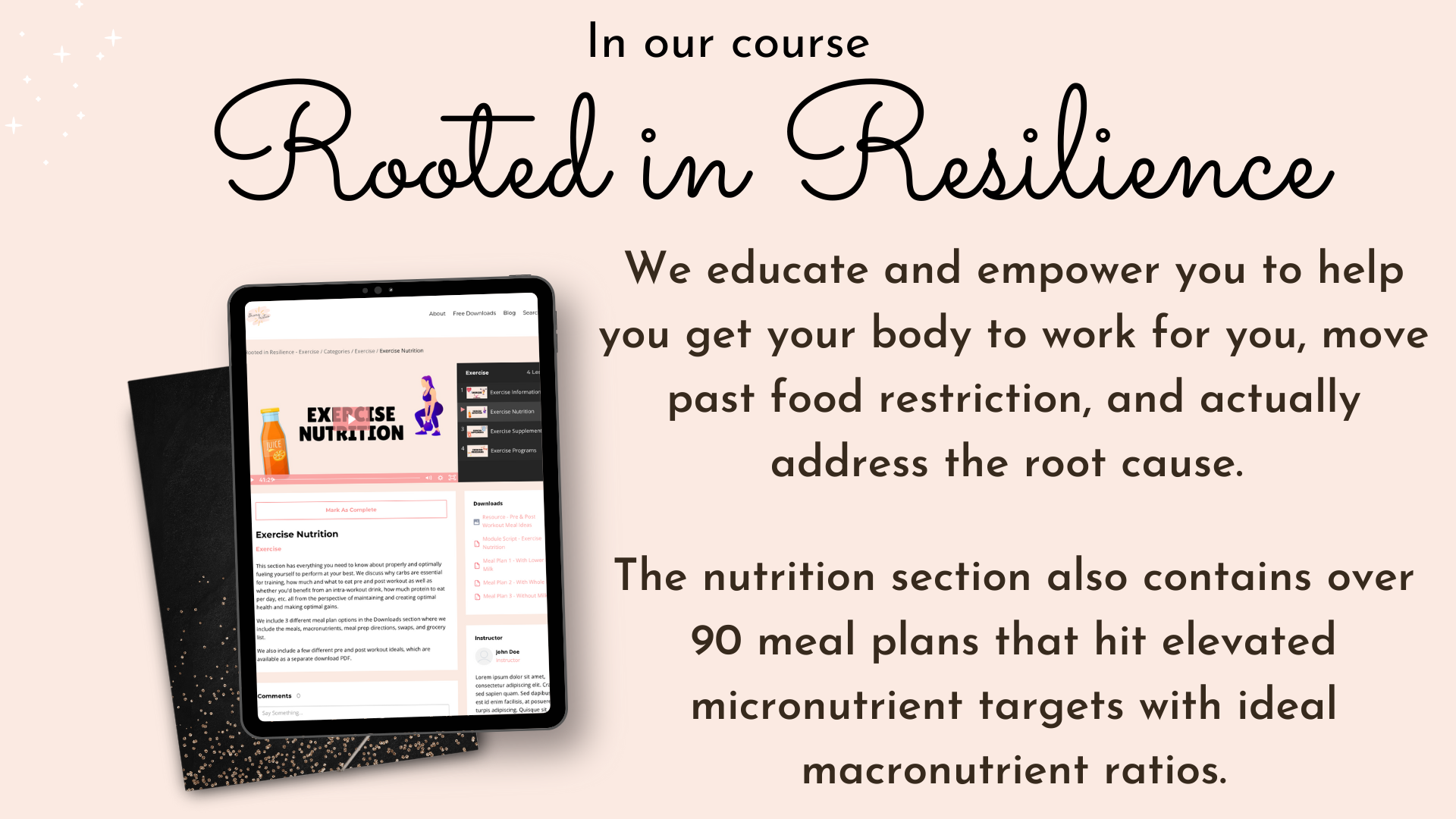Why you should stop eating raw vegetables
Oct 09, 2022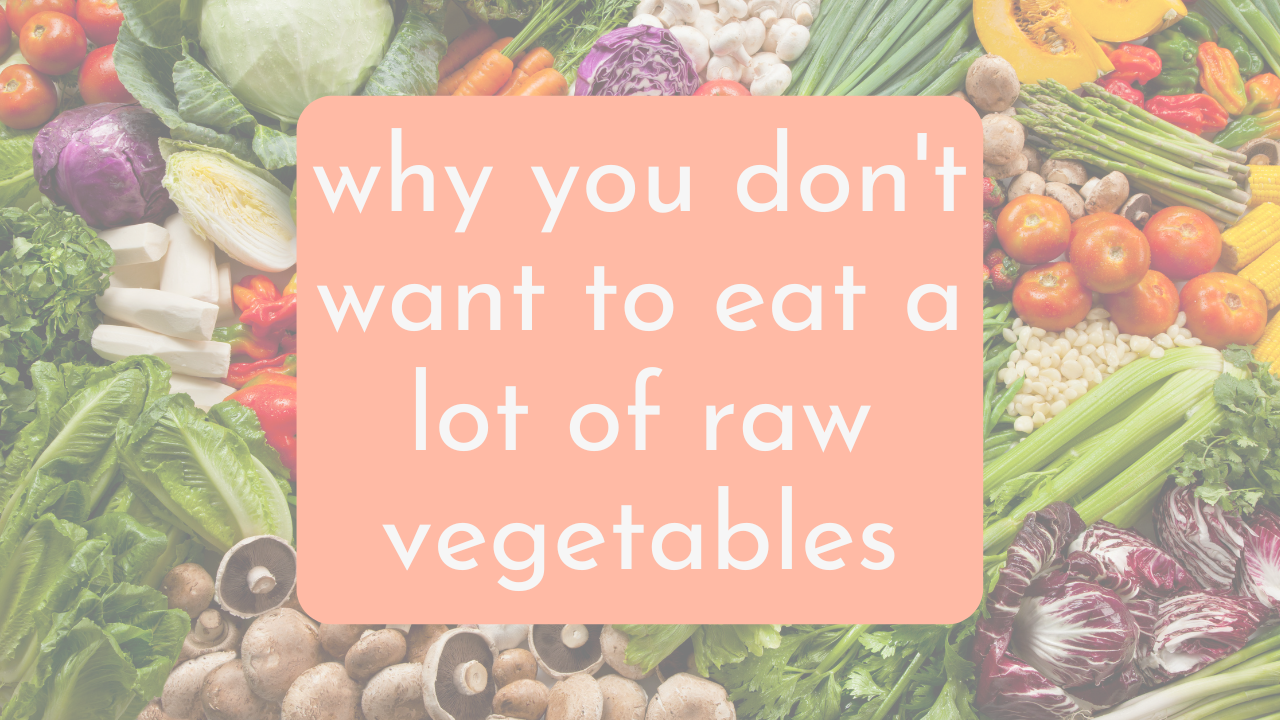
To fart less, stop consuming a bunch of raw or undercooked veggies. Let's dive in!
Two very common beliefs:
1. Vegetables have the highest nutrient content
2. Eating vegetables raw is the best option to obtain all of the nutrients (and not lose any in the cooking process)
Is this really true?
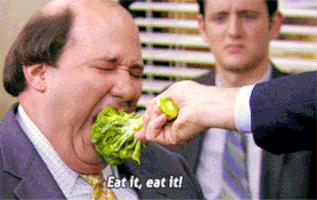
No. There is a reason why eating raw broccoli is a miserable experience.
Raw vegetables are very hard to break down and digest. Yet popular raw food movements have us convinced that raw vegetables are the most nutritious thing on the planet (I remember thinking so! And smashing those raw veggie platters at parties, thinking I was having a great low calorie snack 🤦🏻♀️)
When it comes to nutrient-dense food, we must remember the difference between nutrient content vs. nutrient bioavailability.

A food may contain some amount of nutrients, but how much of those nutrients are we actually able to absorb in our digestive tract?
When it comes to raw vegetables, there are two potential problems.
The first is anti-nutrients, which are naturally occurring compounds that can reduce the absorption of some nutrients.
The second is raw vegetables are just really hard to break down and digest.
Remember high school biology class where we discussed the difference between plant and animal cells?
For many vegetables, some of the important nutrients are contained within those tough cell walls.
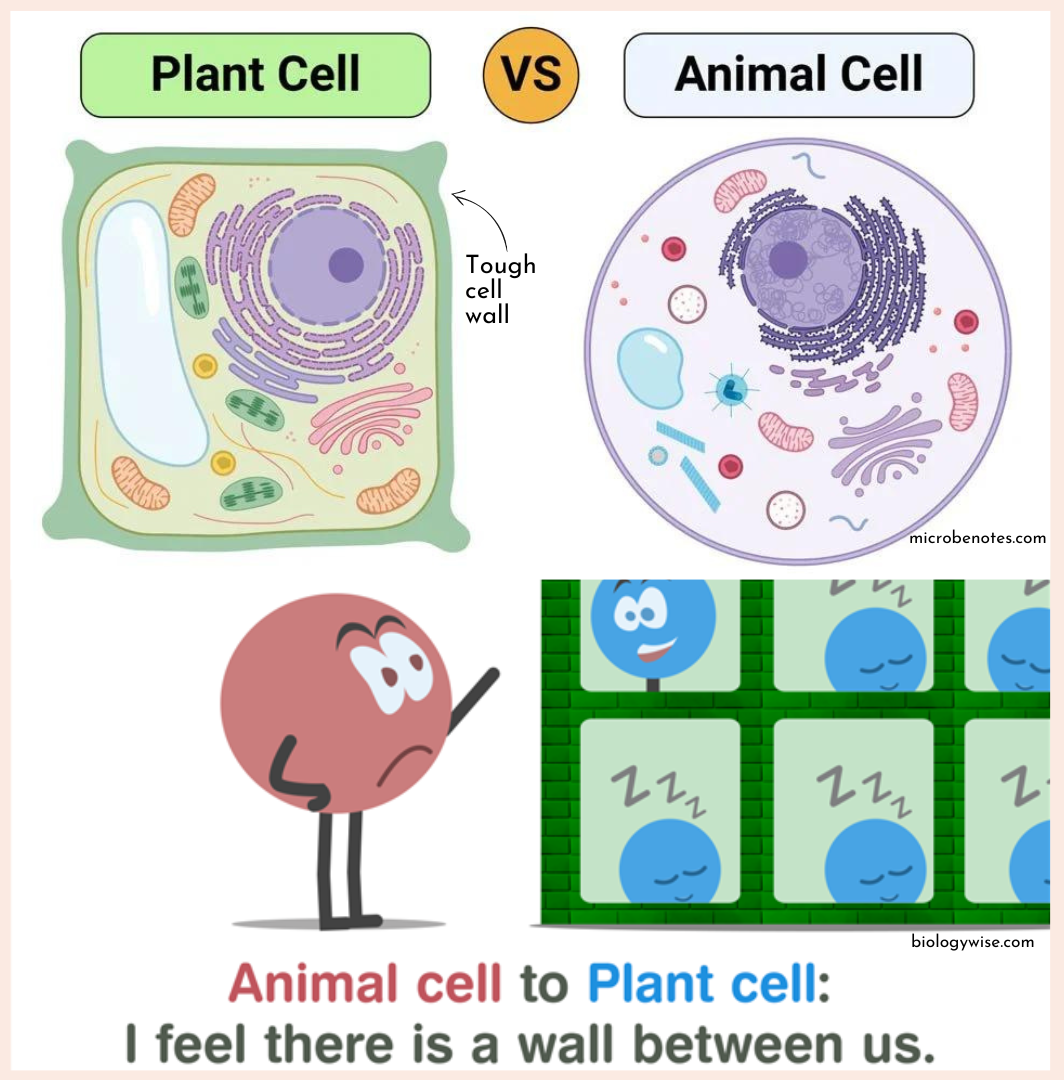
So, when thinking about the best food for humans, we must consider those tough cell walls.
Cooking vegetables can improve digestion by breaking down or pre-digesting those tough fibers in the cell walls & the anti-nutrients.
Which not only reduces the digestive burden in your gut, but also improves nutrient availability.
Here are just 2 examples of how cooking vegetables improves some of the nutrient availability:
1. Raw cruciferous vegetables (broccoli, cauliflower, cabbage, collard greens, kale, Brussel sprouts, etc.) contain goitrogens which can inhibit the thyroid’s utilization and uptake of iodine. (ref) Thus, eating a lot of these raw veggies can suppress thyroid function, leading to a slower metabolism and impaired hormone production.
However, cooking cruciferous vegetables significantly reduces levels of goitrogens. (ref)
2. Raw spinach is loaded with oxalic acid, an anti-nutrient that blocks the absorption of calcium and zinc. Oxalates are broken down under high temps when veggies are cooked. (ref)
Yes, you will lose some of the Vitamin C and B Vitamins since these are water soluble nutrients. But Vitamin C is an easy nutrient to get from fruit, and B vitamins are high in liver and animal products.
Plus, if you are making a soup or stew, the water-soluble vitamins and minerals are leached into the broth/soup, which you consume in the end.
Raw (left) vs cooked (right) broccoli, from Brittanica.com.

Aren't the fibers in these cell walls good for us?
We are not saying fiber is bad by any means. Fiber can certainly be beneficial in improving bowel transit time.
But the type of fiber may matter, and while we do not recommend zero fiber consumption, more does not always mean merrier.
Our body utilizes a lot of energy to break down tons of hard to digest fibers. And for those with slow transit times or imbalanced guts, fiber in excess can sit and rot in your gut.
Consuming large quantities of hard to digest fiber may be why plant-based diets result in seven more farts per day. (ref)
Farting on occasion is normal. But farting excessively is a clear sign something is imbalanced in the gut.
Many of us have compromised guts and struggle with energy production to begin with. So, asking our digestive systems to expend a lot of energy to break down these tough structures can sometimes make matters worse.
The whole purpose of eating is to get energy from our food.
We have completely different digestive systems relative to ruminant animals who spend most of their day either eating or digesting food.
As humans, we ideally get energy and nutrients from our food relatively quickly so that we can perform other tasks like think, be creative, workout, engage in conversations, etc.
This is why we are big on prioritizing easy to digest foods.
Reducing stress on our digestive systems is one way we can improve health.
This allows our body to utilize and assimilate the nutrients and energy from our food, which it can then use to perform other vital tasks like detoxification, rebuilding muscle, breathing, thinking, moving, etc.
Yes you can eat some raw veggies on occasion if you tolerate them, like cucumbers, tomatoes, onions, lettuce & salads, and carrots as some fibers can be very beneficial to form bulk and improve poop.
This is why we eat the Dr. Ray Peat carrot salad daily (more info here). We don’t eat it for nutrients, because the Vitamin A in carrots is not nearly as bioavailable as the real vitamin A, retinol, in beef liver. We eat the carrot purely for intestinal health.
But raw veggies should not form a significant portion of your diet.
There is a huge difference between trying to get all your carb needs from vegetables (how we used to eat, *major face palm*) vs. including some properly prepared vegetables for a source of minerals, phytochemicals and Vit K1. (And enjoyment if you like the taste!)
Veggies should be viewed more of a condiment, rather than trying to base an entire meal around them.
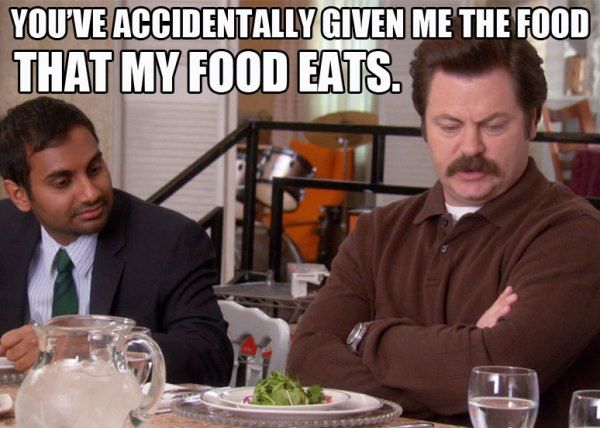
In summary:
- Animal products don't contain tough fibers, making them easier to digest with more bioavailable nutrients
- Well-cooked greens and vegetables, or the water they were boiled in, can be a great source of magnesium, minerals & Vit K1
- Yes, cooking veggies will reduce the levels of some nutrients, but it also increases the bioavailability of other nutrients and reduces the gut damaging effects
- We are not ruminant animals, so cooking vegetables can help us break down the tough fibers and anti nutrients
The type of food we consume matters, but so does the preparation method. Eating a bunch of raw veggies and improperly prepared whole grains can wreak havoc on our digestive systems.
We have a full section in our course, Rooted in Resilience, about proper food preparation (best ways to prepare potatoes, rice, oats, grains, vegetables, etc.), in addition to fixing the root cause of your gut issues so that you don't have to restrict for the rest of your life.
The nutrition section also contains over 90 meal plans that hit elevated micronutrient targets with ideal macronutrient ratios. Each meal plan includes meal prep, swaps, grocery lists, and micros & macros.

